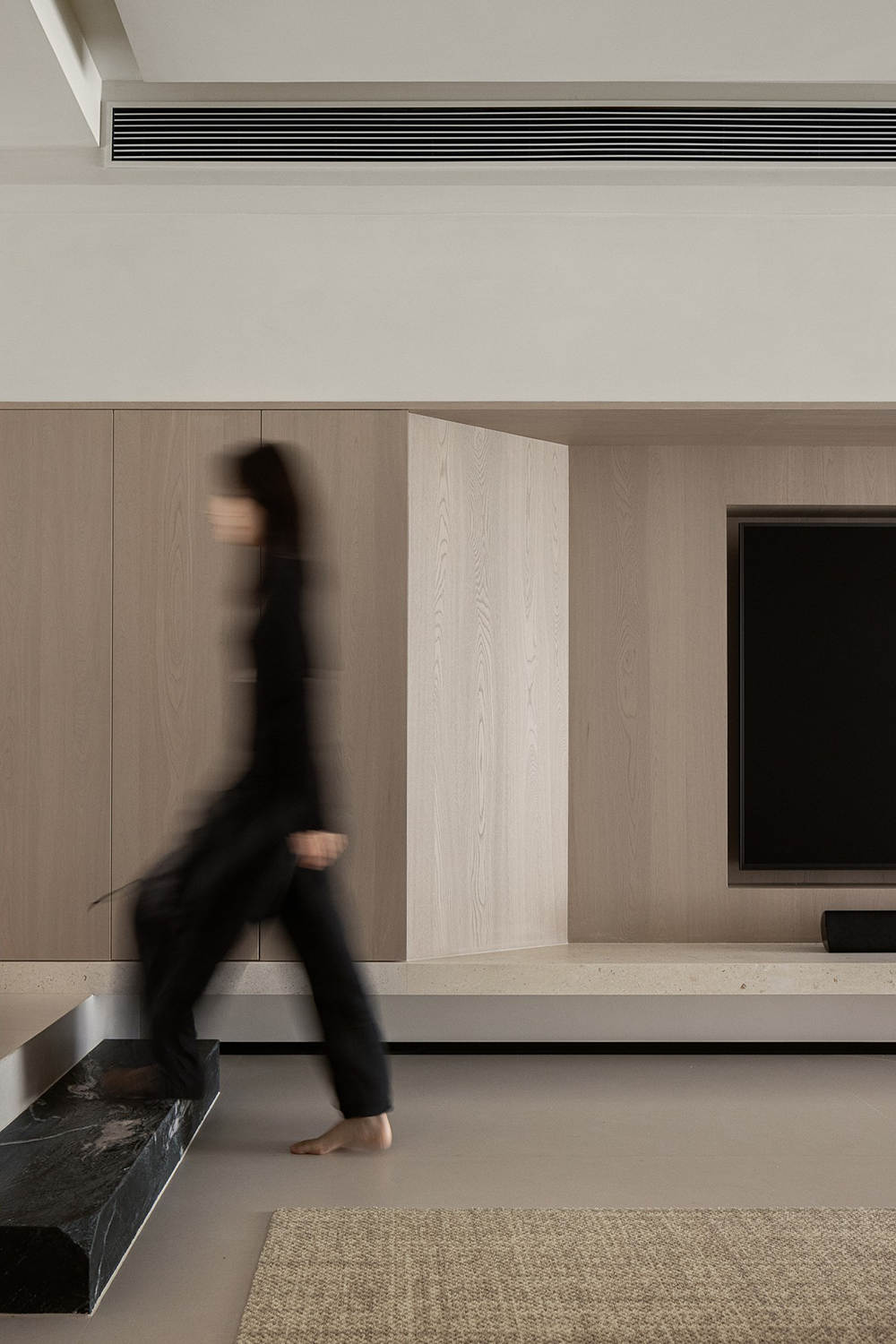Paul Meuser charts mankinds journey to the Moon in new book 保罗·梅用户在新书《月球之旅》中的图表
2019-08-07 16:12
NASA’s Lunar Landing Training Vehicle shortly before a test flight over a salt lake in Nevada. The construction follows the primal laws of statics. Photography: © NASA
Timed to coincide with the 50th anniversary Apollo celebrations, this modest but intriguing book touches down to provide the definitive guide to all things both lunar and architectural. Paul Meuser’s Architecture Guide: Moon chronicles every device, object and artefact that humankind has ever sent to our only natural satellite, as well as the ones that didn’t make it.
在阿波罗50周年庆典之际,这本朴实无华但引人入胜的书触及到了月球和建筑等所有事物的确切指南。保罗·迈瑟的建筑指南:月亮记录了人类发送给我们唯一颗天然卫星的每一个装置、物体和人造物,以及那些没有成功的人造卫星。
Published with help from the Moscow Polytech, the book is a useful reminder that it’s not just the USA that dominated exploration of this dusty new world. From the Soviet Luna 2 probe, which landed (or rather impacted) on 13 September 1959, the Russians led the charge. Yet it was the USA that triumphed, with Apollo 11 arriving less than a decade later, and the bulk of the book charts the two superpowers’ expensive and high-profile race to the moon throughout the 1960s.
本书是在莫斯科理工学院的帮助下出版的,这本书是一个有用的提醒,它不仅仅是美国主导了这个尘土飞扬的新世界的探索。在1959年9月13日登陆(或相当受影响)的苏联卢娜2号探测器上,俄国人领导了这一指控。然而,它是美国的胜利,阿波罗11号抵达了不到十年的时间,这本书的大部分是在20世纪60年代对月球的两个超级大国“昂贵”和“高轮廓”的比赛。
Top, Architecture Guide: Moon, by Paul Meuser. Bottom, illustration of the three-tiered lunar station made of inflatable modules (circa 1972). © Barmin Design Bureau of General Engineering
《建筑指南》:《月球》,保罗·梅用户。底部,由可充气模块制造的三层月球站(大约1972年)。(c)一般工程巴民设计局
Along the way there were successes and failures, with the insectoid strangeness of Soviet-era design – always created with an eye to propaganda – contrasting strongly with America’s more prosaic, functional approach. Conspiracy theorists aside, we all know how this story ended, but perhaps most interesting of all are the conceptual proposals for bases and buggies that never happened, as well as the details of the ongoing lunar programmes of Europe, Israel, China, Japan and India.
在此过程中,有成功也有失败,苏联时代设计的昆虫怪诞-总是着眼于宣传-与美国更为平淡、实用的设计形成鲜明对比。撇开阴谋论者不说,我们都知道这个故事是如何结束的,但最有趣的或许是那些从未发生过的关于基地和小车的概念性建议,以及欧洲、以色列、中国、日本和印度正在进行的月球计划的细节。
The next decade will prove crucial, as countries collaborate with each other and corporations to justify the huge cost of space travel – Google’s Lunar XPRIZE stumped up a big incentive, but no-one was able to claim the prize. We’re allegedly standing on the brink of a new space age, with a return to the moon mooted for 2024. Architecture Guide Moon is a small but timely insight into the sheer amount of effort required to get there in the first place. §
下一个十年将证明是至关重要的,因为各国与彼此和公司合作,以证明空间旅行的巨大成本。谷歌的农历年奖引发了巨大的激励,但没有人能够要求获得奖金。据说我们站在一个新的太空时代的边缘,回到了2024年的月球。《建筑指南》是一个很小的但及时的洞察力,是为了在第一个地方到达那里所需的大量努力。?
具有经典和古典主义形状词汇的月球站,由2018年SamaraPolyTech的安东·拉科夫设计。??????????????????????????????????????????????????????????????(c)SamaraPolyTech
斯韦斯达月球站一个模块的尺度模型。(C)巴明设计局通用工程规模模型,一个模块来自斯韦斯达月球站。通用工程部巴明设计局
欧洲空间局,由FosterPartners负责。国家运行的月球计划的战略之一:固定月球站的考虑和原材料的开采。(c)促进伙伴欧洲空间机构。国家运行的月球计划的战略之一:固定月球站的考虑和原材料的开采。(c)促进伙伴
 举报
举报
别默默的看了,快登录帮我评论一下吧!:)
注册
登录
更多评论
相关文章
-

描边风设计中,最容易犯的8种问题分析
2018年走过了四分之一,LOGO设计趋势也清晰了LOGO设计
-

描边风设计中,最容易犯的8种问题分析
2018年走过了四分之一,LOGO设计趋势也清晰了LOGO设计
-

描边风设计中,最容易犯的8种问题分析
2018年走过了四分之一,LOGO设计趋势也清晰了LOGO设计
































